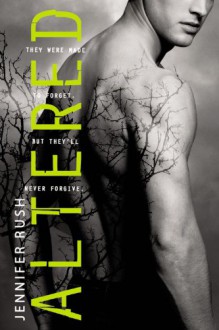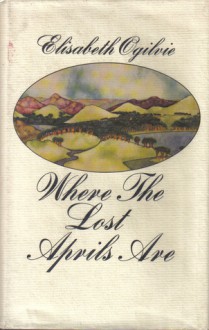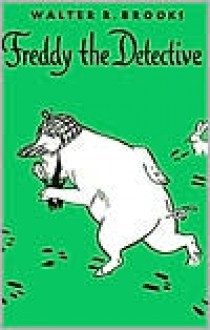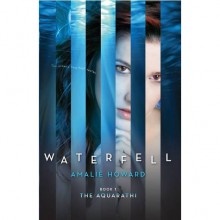
"I am haunted by all the things— big things and little things, Splendid Things and Squalid Things— that threaten to slip through the cracks, untold, out of history."
You know when you start a book and it speaks to your own experiences or thoughts at a particular point in time? If I had to pick a book to transport me back to the 1990s, My Year of Meats would be it.
The main character Jane Takagi-Little is tasked with directing a reality TV show for Japanese television and her brief has basically two features:
1. The show is supposed to portray the all-American family; and
2. Because the show is sponsored by the beef industry, it needs to have a central focus on foods - and predominantly, the consumption of quality meat.
So, she and her team set out on a journey across America to find the perfect participants for the show. Soon enough, Jane's disenchantment with the "beef is best" message of the show brings out her creative streak and instead of pleasing the producer's bigoted expectations of what a typical American family is, she sets out to put a dose of reality into "reality tv".
"Screw the Beef. Lamb was Lovable, and I had just shot the most mouth-watering show of the season. And with that thought, I unbuckled my seat belt and walked to the lavatory at the back of the plane, closed the flimsy folding door behind me, and vomited into the metal toilet."
Jane sees herself as a "documentarian" and her aspiration is, on one hand, to record the times she lives in like the Japanese writer Shōnagon, and on the other to inspire someone by the results of her work.
"Murasaki may not have liked her much, but I admire Shōnagon, listmaker and leaver of presumptuous scatterings. She inspired me to become a documentarian, to speak men’s Japanese, to be different. She is why I chose to make TV. I wanted to think that some girl would watch my shows in Japan, now or maybe even a thousand years from now, and be inspired and learn something real about America. Like I did."
As the story progresses, Jane manages to turn the show into a work of investigative journalism rather than light entertainment and discovers some aspects of the meat industry that she feels need to be made public - and if this happens in a program paid for by the meat industry even better!
"Fed on a media diet of really bad news, we live in a perpetual state of repressed panic. We are paralyzed by bad knowledge, from which the only escape is playing dumb. Ignorance becomes empowering because it enables people to live. Stupidity becomes proactive, a political statement. Our collective norm."
I know, this sounds like My Year of Meats might be one of these books written by militant vegetarian out on a crusade, but it is actually a pretty well researched documentary about issues in cattle ranching and the meat industry in general of that particular time.
There is also so much more to the story. The meaty issues are really just a backdrop for Jane's journey of discovery - and self-discovery. And this other aspect presents herself in the form of Akiko.
“Weird, huh? How someone just drops into your life like that. I mean, there we were, minding our own business. . . . What did we do to deserve her?”
Akiko is the wife of Jane's producer in Japan. The two have never met, but Akiko has been moved by Jane's documentary series, and, like Jane, she embarks on a journey of examining her life.
"But it was not just fear of his anger or even of getting hit. As she watched the sun set on the vast American landscape—“ Beefland!” the logo proclaimed— she realized that her tears had nothing whatsoever to do with John. These were tears of admiration for the strong women so determined to have their family against all odds. And tears of pity for herself, for the trepidation she felt in place of desire and for the pale, wan sentiment that she let pass for love."
I really enjoyed My Year of Meats. When a book sets out to be challenging but still remains a form of intelligent discourse, full of colourful wit and empathy, what's not to like? And when the book does all of this without trying to manipulate an opinion or drawing at your hear strings to evoke a response - yes, looking at you here J.S. Froer - perfect!
"I don’t think I can change my future simply by writing a happy ending. That’s too easy and not so interesting. I will certainly do my best to imagine one, but in reality I will just have to wait and see. For now, though, it is January again. Like Shōnagon, I have “set about filling my notebooks with odd facts, stories from the past . . . ,” or at least this past year, and “everything that I have seen and felt is included.” However, unlike Shōnagon, living in the Heian days, for whom modesty, however false, was still a prerequisite, I live at the cusp of the new millennium. Whatever people may think of my book, I will make it public, bring it to light unflinchingly. That is the modern thing to do."

 Log in with Facebook
Log in with Facebook 











